Posted on 10/25/2021
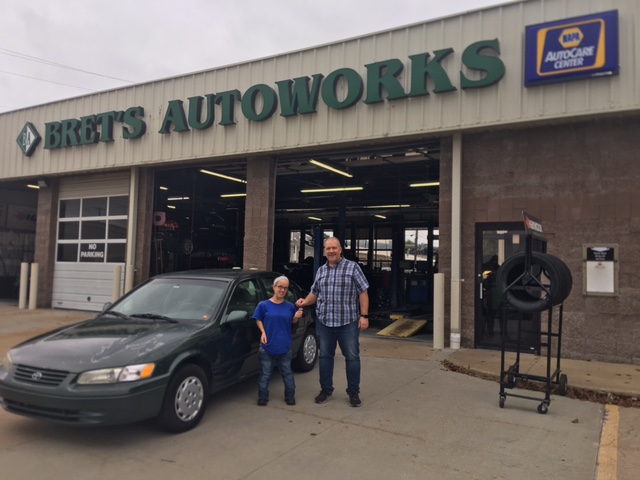
We have been blessed over the years to meet a group of very remarkable people. Life has thrown them some curves, but instead of giving up, they work day in and day out to make a better life for themselves, their families, and others. Great organizations are also part of their story; churches and nonprofits have helped us connect and make Wheels 2 Hope a reality. A year ago, we were lucky to be introduced to a young man trying to attend school. He needed a vehicle to get back and forth from work and school. We were so happy to hear he completed his classes and obtained a job. At his point, he no longer needed the vehicle we had given to him through Wheels 2 Hope, so he returned it so someone else could move forward with their life. Now, the vehicle has moved on to a single mom and her son. We are so pleased to be able to provide them with a car. Thank you to NAPA for providing all the parts needed to complete the service and maintenance of the vehicle. Thank you to the connections tha ... read more
Posted on 9/30/2021
.jpg)
Look at this lineup! We do repair and service all makes and models! You know it is a great day when you have all of these beauties in the bays.
Posted on 8/10/2021
%20(1)%20(1).jpg)
Many of us love classic cars. Maybe they are reminders of “the good ole days,” or what we perceive as better, less stressful times. Maybe we associate the classics with family trips to the beach, mountains, or just driving around with friends. Did you ever cruise around Main Street or a local drive-in restaurant? We believe for all those reasons and more, we need to help keep the classics around and running well. You certainly don’t want to miss out on the looks and smiles you receive driving one of these old treasures. It is priceless. You might be wondering what classifies a vehicle as a classic? For insurance and registration purposes, the age of a classic car, in most cases, is at least 20 years old but not more than 40 years old. We are proud to have worked on a few of the classics this past year, so they can keep running like new! We want to keep everyone smiling, and this year we needed some smiles! EVERYONE LOVES A CLASSIC CAR INCLUDING BRET’S! Did we me ... read more
Posted on 7/14/2021
When you’re getting ready to jump-start your car battery, you should find a set of jumper cables and another vehicle you can use to get a jolt. First, park a vehicle with a good battery close to the dead vehicle to almost touch their hoods. Engage both parking brakes and make sure both vehicles are turned off before you go further. Open both hoods and locate each battery. In some cases, the battery could be covered by a plastic hood. Identify the positive (red) and negative (black) terminals on both batteries. If they’re clean and free of corrosion, you’re ready to proceed. Connect the red clamp to the positive terminal on the dead battery Uncoil the battery cable and hook up the other red clamp to the positive terminal on the live vehicle. While you’re facing the excellent battery, connect the black end of the cable to the negative terminal. Going back to the vehicle with the dead battery, connect the last black cable clamp to a flat ... read more
Posted on 5/3/2021
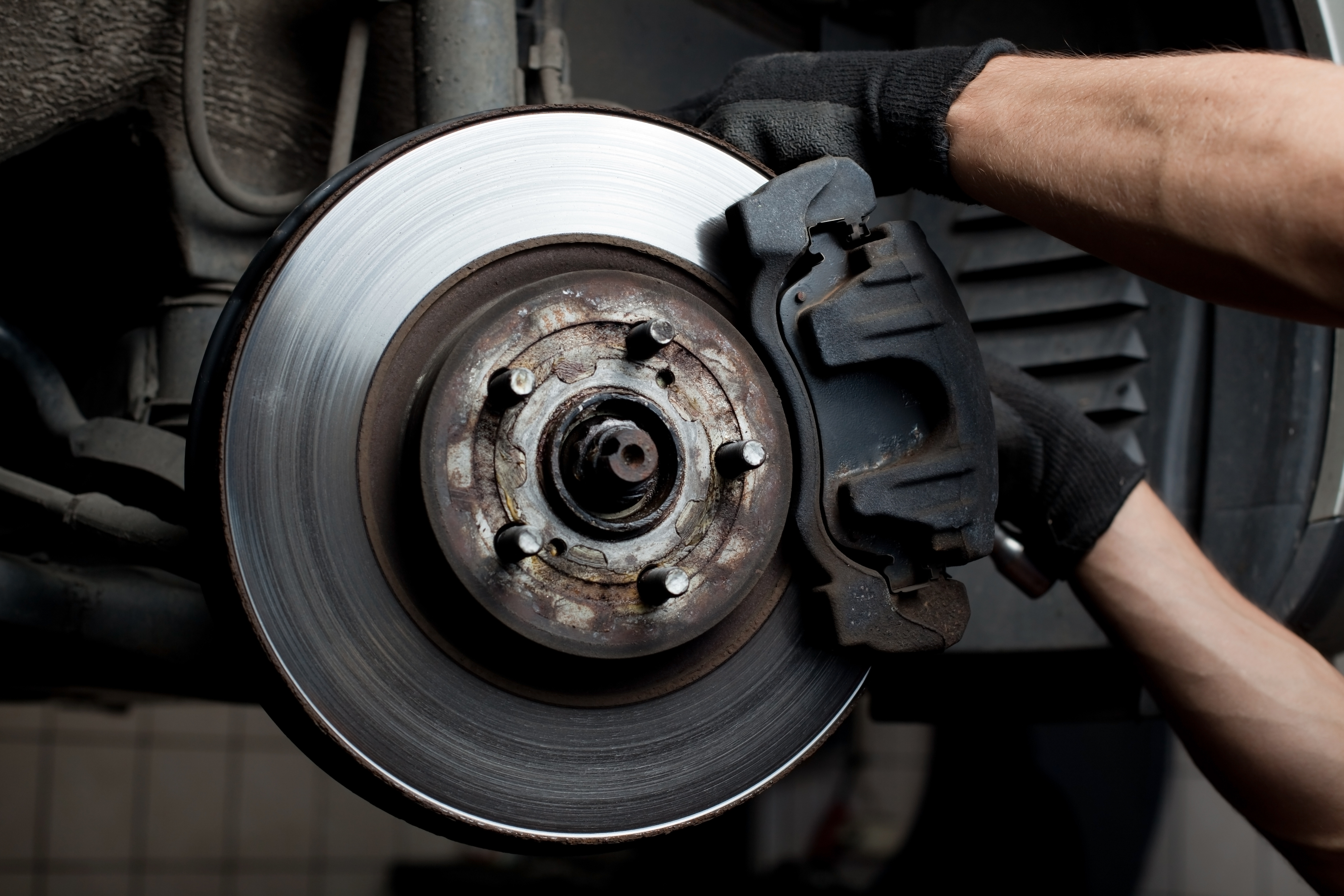
If your car's brakes are squeaking, squealing, or making ominous grinding noises when you apply the pedal, you might need new brake pads or rotors. Check out the info below from AAA, we are a AAA Approved Auto Repair Service. Know the five warning signs that it may be time for brake repair service. In each of the listed cases, AAA recommends taking the vehicle to a qualified auto repair shop for inspection and service. A professional inspection will help determine the extent of the needed repair, from brake pad installation to brake replacement. You apply the brakes and hear a high pitch or grinding noise. This is a strong indicator that the brakes have worn thin. You apply the brakes and feel a vibration. This indicates warped brake rotors. A professional inspection can help determine whether they should be resurfaced or replaced. The brake pedal feels differently – either low or spongy – and takes more effort to apply. This means there’s a potential pr ... read more
Posted on 4/12/2021
%20(1)%20(1).jpg)
Many of us love classic cars. Maybe they are reminders of “the good ole days,” or what we perceive as better, less stressful times. Maybe we associate the classics with family trips to the beach, mountains, or just driving around with friends. Did you ever cruise around Main Street or a local drive-in restaurant? We believe for all those reasons and more, we need to help keep the classics around and running well. You certainly don’t want to miss out on the looks and smiles you receive driving one of these old treasures. It is priceless. You might be wondering what classifies a vehicle as a classic? For insurance and registration purposes, the age of a classic car, in most cases, is at least 20 years old but not more than 40 years old. We are proud to have worked on a few of the classics this past year, so they can keep running like new! We want to keep everyone smiling, and this year we needed some smiles
Posted on 1/28/2021
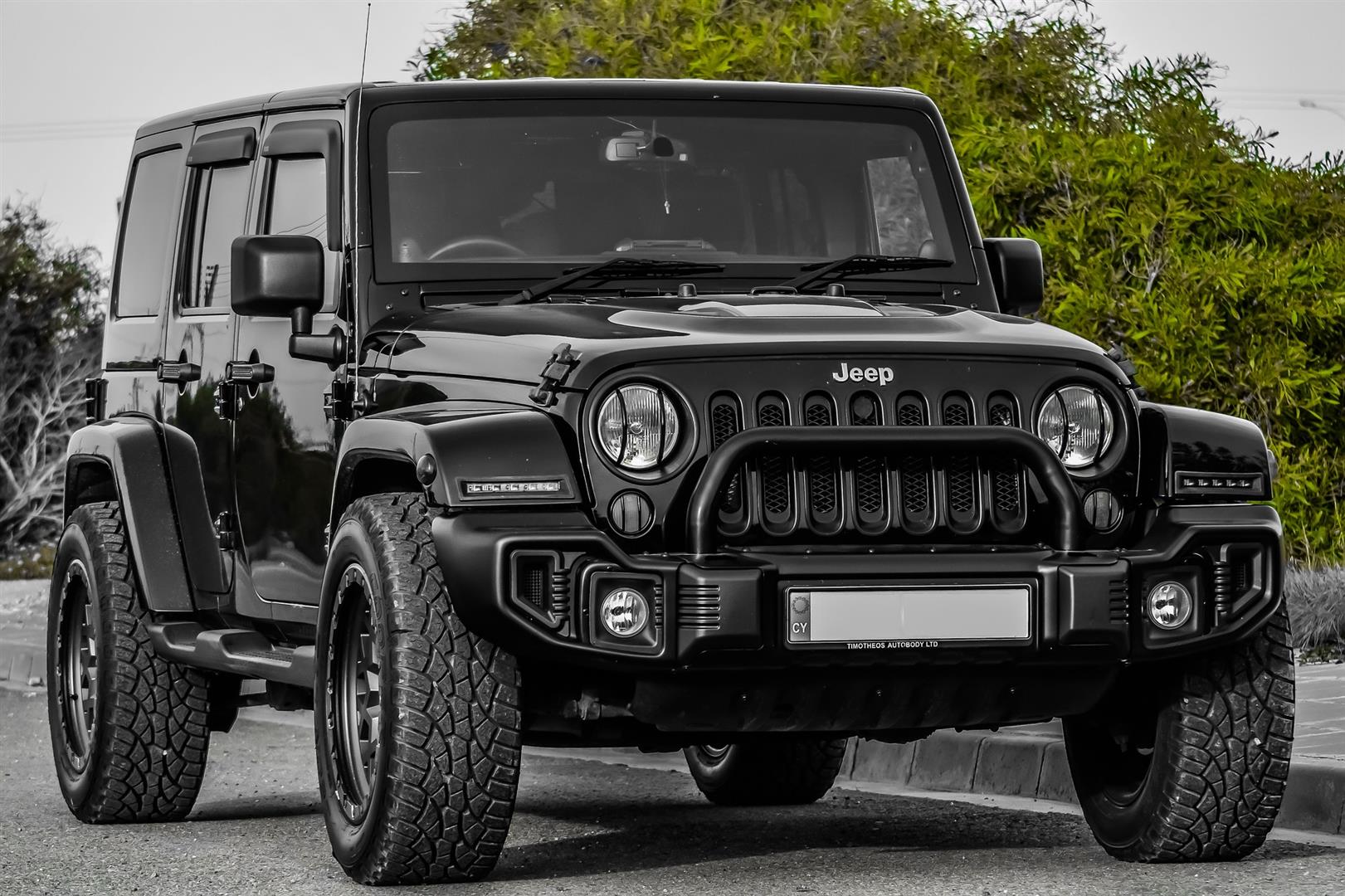
We understand why you fell in love with your Jeep. Whether it’s from the premium interior or luxury off-road experience, our expert team is here for all your Jeep repairs, no matter what model it may be. Jeep Grand Cherokee Jeep Cherokee Jeep Wrangler Jeep Patriot Jeep Compass Jeep Renegade Jeep Gladiator When it comes to Jeep repairs, owners come to Bret’s Autoworks to keep their Jeeps running effortlessly
Posted on 12/15/2020

Car maintenance intervals don’t only tie-in to how many miles you drive in a given year — they’re also linked to the seasons. If you live in a part of the country where the difference between winter and summer driving is stark, then you might already be familiar with the regular rituals of tire swaps, fluid changes, and other seasonal car maintenance duties. But if seasonal changes are more subtle in your neck of the woods, you can still use this natural clock to help time your basic vehicle maintenance. In addition to checking tires and fluids, seasonal car maintenance also includes inspecting items on your vehicle that commonly wear out in order to see if they need to be replaced. Specifically, rubber or plastic components like wiper blades, engine belts, and battery cables are all worth taking a look at. If you see any cracks, discoloration, or signs of corrosion around the battery, these are solid indicators that the part should be replaced
Posted on 11/2/2020
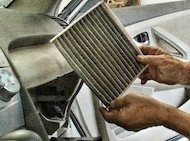
You might need a new cabin filter! Cabin Air Benefits A cabin air filter is an air purification filter, sometimes called a “micro cabin air filter” or “in-cabin microfilter,” designed to remove the microscopic dust, allergens, pollutants, and other particles that come into the passenger cabin of your vehicle through its air vents. In addition to making the air in the interior of your car unpleasant and unhealthy, a dirty cabin air filter, clogged with dirt, dust, smelly mold, and allergens, can also impact your defroster's performance heating, and AC. Need some help with your cabin filter? Our service advisors and technicians, at either of our Bret's Autoworks locations, Gardner and Olathe would be happy to help you!
Posted on 9/21/2020
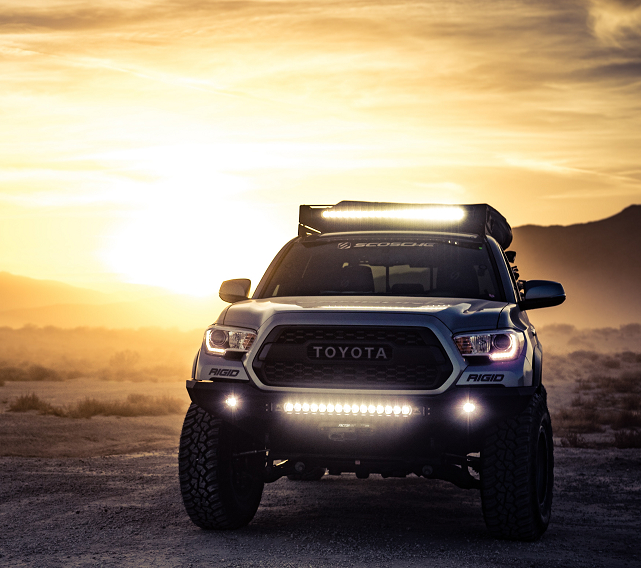
Maintain Vehicle Wipers, Lights, Mirrors for Safe Driving It's no secret that properly functioning vehicle lights, wipers and mirrors allow for better visibility while driving, yet these items are often forgotten or ignored when performing basic auto care, says the non-profit Car Care Council. "Making sure that you can see and be seen on the road is essential to avoiding motor vehicle accidents, yet many motorists overlook simple maintenance steps that can improve driving visibility," said Rich White, executive director, Car Care Council. "For example, community car care events held throughout the country reveal that nearly one in three vehicles inspected had insufficient wiper fluid. This simple auto care service can make a world of difference on the road." Following a few auto care visibility tips can be illuminating, helping to ensure the safety of you, your passengers and other vehicles around you. Replace any exterior or interior light ... read more